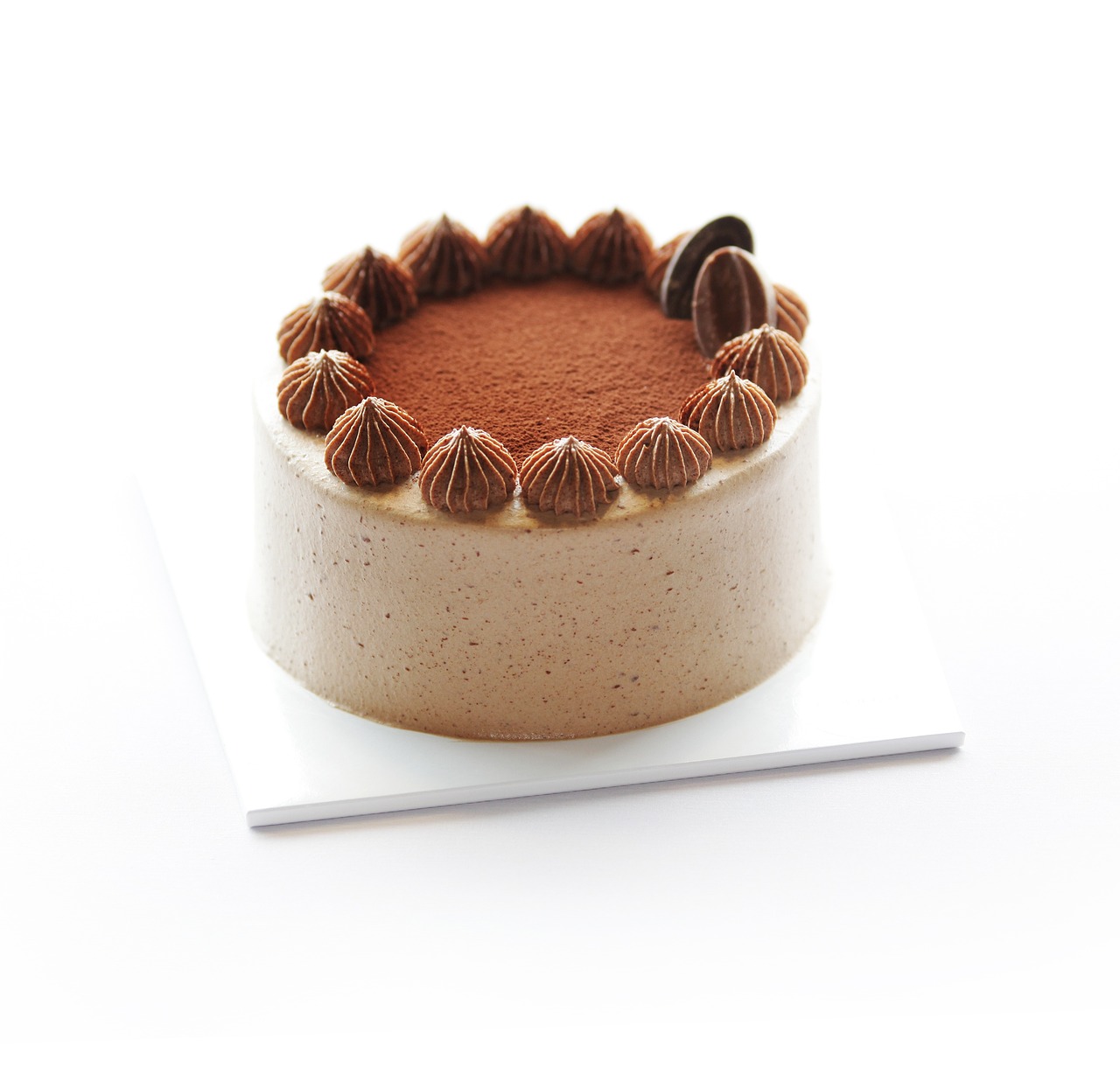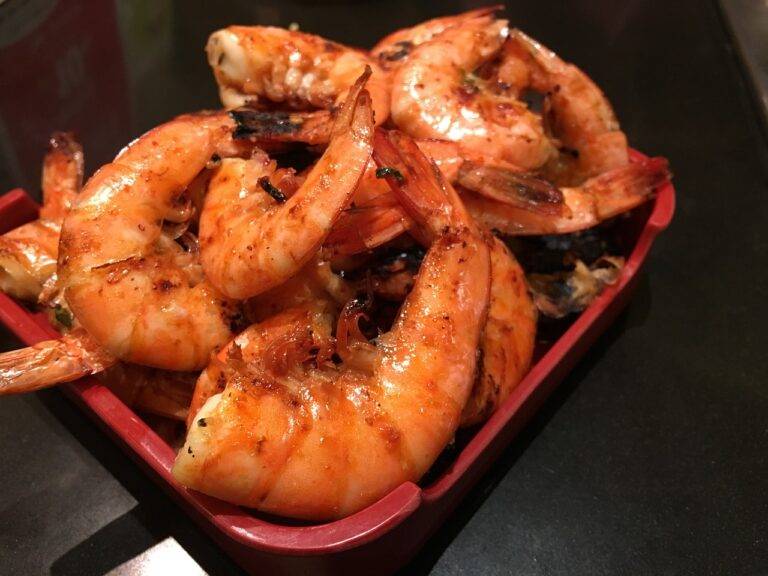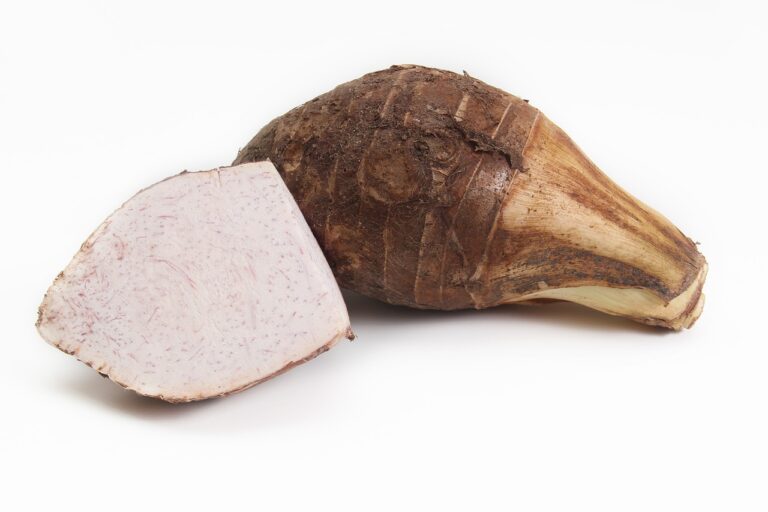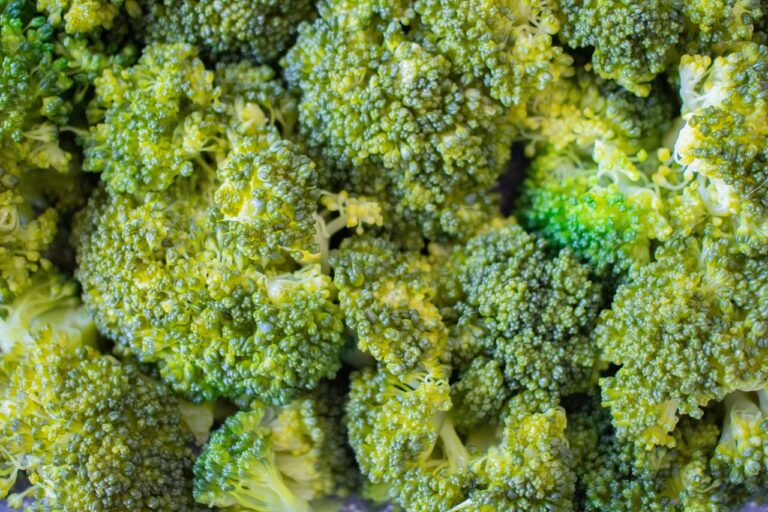Understanding the Connection Between Diet and Gut Microbiome Diversity: 11x bet login, India24bet login, Sky fair
11x bet login, india24bet login, sky fair: In recent years, there has been a growing interest in the connection between diet and gut microbiome diversity. Research has shown that the food we eat plays a crucial role in shaping the composition of our gut microbiota, which in turn can have a significant impact on our overall health. In this article, we will take a closer look at the relationship between diet and gut microbiome diversity, and explore how you can make dietary choices to support a healthy gut.
The Gut Microbiome: A Complex Ecosystem
The gut microbiome refers to the trillions of bacteria, fungi, and other microorganisms that inhabit our gastrointestinal tract. These microorganisms play a crucial role in various bodily functions, such as digestion, metabolism, and immune system regulation. The composition of the gut microbiome is influenced by a variety of factors, including genetics, age, and environmental exposures. However, one of the most significant factors that can shape the diversity of the gut microbiome is diet.
How Diet Influences Gut Microbiome Diversity
The food we eat provides the nutrients that support the growth and survival of different types of microorganisms in our gut. Certain nutrients can promote the growth of beneficial bacteria, while others can favor the proliferation of harmful bacteria. For example, a diet high in fiber can stimulate the growth of beneficial bacteria that produce short-chain fatty acids, which have been associated with numerous health benefits, including reduced inflammation and improved gut barrier function.
On the other hand, a diet high in saturated fats and sugars can promote the growth of harmful bacteria that produce toxins and inflammatory compounds, which can disrupt the balance of the gut microbiome and lead to various health problems. In addition to individual nutrients, the overall composition of the diet, such as whether it is plant-based or animal-based, can also influence the diversity of the gut microbiome.
Tips for Supporting a Healthy Gut Microbiome Through Diet
To support a healthy gut microbiome, it is important to focus on incorporating a variety of nutrient-dense foods into your diet. Here are some tips to help you optimize your gut health through dietary choices:
1. Eat a diverse range of plant-based foods, such as fruits, vegetables, whole grains, nuts, and seeds. These foods are rich in fiber, vitamins, and minerals that can support the growth of beneficial bacteria in the gut.
2. Include fermented foods, such as yogurt, kefir, sauerkraut, and kimchi, in your diet. These foods contain probiotic bacteria that can help maintain a healthy balance of microorganisms in the gut.
3. Limit your intake of processed foods, sugary drinks, and foods high in saturated fats. These foods can promote the growth of harmful bacteria in the gut and contribute to inflammation.
4. Stay hydrated by drinking plenty of water throughout the day. Adequate hydration is essential for maintaining a healthy gut environment.
5. Consider taking a high-quality probiotic supplement to help support the diversity of your gut microbiome, especially if you have experienced digestive issues or have taken antibiotics recently.
FAQs
Q: Can I improve the diversity of my gut microbiome through diet alone?
A: Diet plays a significant role in shaping the diversity of the gut microbiome, but other factors, such as stress, sleep, and physical activity, can also influence the composition of the gut microbiome. It is important to adopt a holistic approach to health that includes a well-rounded diet, regular exercise, and stress management techniques to support optimal gut health.
Q: How long does it take to see improvements in gut microbiome diversity through dietary changes?
A: The timeline for seeing improvements in gut microbiome diversity through dietary changes can vary from person to person. Some individuals may notice changes in their digestive symptoms within a few days or weeks of making dietary changes, while others may require several weeks or months to experience significant improvements in gut health. Patience and consistency are key when it comes to optimizing gut microbiome diversity through diet.
In conclusion, the connection between diet and gut microbiome diversity is a complex and dynamic relationship that has profound implications for our health. By making informed dietary choices that support the growth of beneficial bacteria in the gut, you can help promote a diverse and resilient gut microbiome that contributes to overall well-being. Consider incorporating the tips mentioned above into your daily routine to support optimal gut health and enjoy the benefits of a healthy microbiome.







